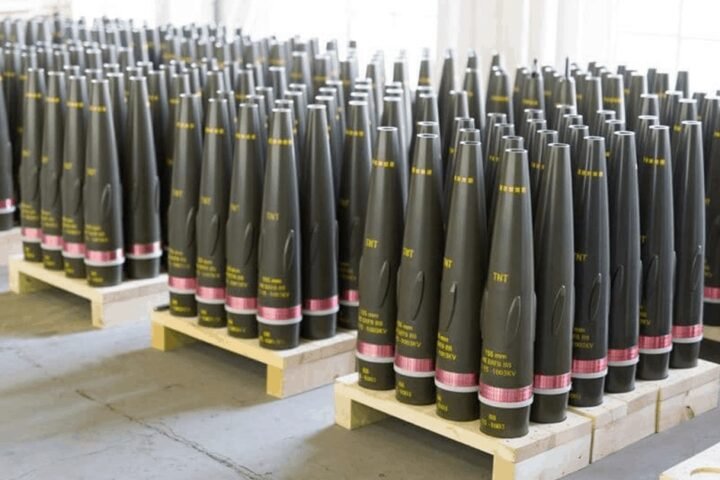A massive oil slick measuring 50 square kilometers and estimated at about 10 tons has drifted toward the coast of Russian-occupied Crimea, raising fears of an environmental disaster across the Black Sea. The spill originated after an accident on August 29, 2025, during loading operations in the Russian port of Novorossiysk.
Repeated accidents raise alarm over Russian oil industry
The incident occurred while the Caspian Pipeline Consortium was transferring oil products to the Turkish tanker T.Semahat through offshore hoses. It was the twelfth oil-related accident recorded on Russia’s Black Sea coast in the first eight months of 2025. Environmentalists warn that the scale of the spill is among the largest in years, creating significant risks for marine life and coastal ecosystems.
Environmentalists warn of systemic failures
Experts highlight that oil pollution is more dangerous than fuel oil spills, as crude spreads quickly over the water surface, forming thin but expansive layers that are harder to contain. Greenpeace Central and Eastern Europe’s Dmitry Markin said the latest disaster illustrates how environmental safety in Russia is routinely sacrificed for oil profits, while oversight bodies “turn a blind eye to violations” and civil society monitoring has been sharply weakened.
Localized response disputed by ecological damage
Russian authorities claim the spill was contained and cleanup completed. However, environmental groups report that oil residues are washing ashore in the Krasnodar region, contaminating up to 70 kilometers of beaches. Wildlife rehabilitation centers are already treating birds covered in oil, underscoring the ongoing impact. The incident echoes past disasters, including the 2024 Kerch Strait accident that released over 8,000 tons of fuel oil into the sea.
Wider risks for Black Sea countries and EU members
Experts stress that the Black Sea is a single ecosystem, meaning the consequences extend beyond Russia and Crimea. Currents could carry the slick toward Romania and Bulgaria, threatening beaches, natural reserves, and tourism infrastructure. Such contamination could cause substantial economic losses, as polluted coastlines lose their appeal for visitors. Oil films also block oxygen exchange, killing fish and seabirds, while residues settle on the seabed, destroying feeding grounds.
Shadow fleet raises international concerns
The frequent accidents point to systemic risks linked to Russia’s reliance on a “shadow fleet” of aging tankers lacking proper insurance or compliance with safety standards. These vessels, used to bypass sanctions on Russian oil, significantly increase the likelihood of large-scale spills. Environmental experts argue that the European Union should tighten sanctions not only against vessel owners, captains, and insurers, but also against buyers of Russian oil who indirectly finance this hazardous trade.










